| [1] |
刘 涛, 陈允斌, 刘 浩. 滨海软土筑岛围堰深基坑工程实例分析[J]. 岩土工程学报, 2012, 34(增刊): 773-778. (LIU Tao, CHEN Yun-bin, LIU Hao. Case study of ultra-deep foundation pit by island and cofferdam construction in soft soils in coastal areas[J]. Chinese Journal of Geotechnical Engineering, 2012, 34(S0): 773-778.
|
| [2] |
杨迎晓, 龚晓南, 张雪禅, 等. 钱塘江边海积粉土基坑性状研究[J]. 岩土工程学报, 2012, 34(增刊): 750-755. (YANG Ying-xiao, GONG Xiao-nan, ZHANG Xue-chan, et al. Behaviors of alluvial silt foundation pits along Qiantang River[J]. Chinese Journal of Geotechnical Engineering, 2002, 34(S0): 750-755. (in Chinese))
|
| [3] |
LI Y Q, YING H W, XIE K H, On the dissipation of negative excess porewater pressure induced by excavation in soft soil[J]. Journal of Zhejiang University Science, 2005, 6A(3): 188-193.
|
| [4] |
刘早云, 李广信. 考虑渗透力的基坑水土压力计算[J]. 工业建筑, 2002, 32(9): 34-36. (LIU Zhao-yun, LI Guang-xin. Computation of water and earth pressure in consideration of seepage[J]. Industry Construction, 2002, 32(9): 34-36. (in Chinese))
|
| [5] |
FOX E N, MACNAMEE J. The two-dimensional potential problem of seepage into a cofferdam[J]. Philosophical Magazine Series 7, 1948, 39: 165-203.
|
| [6] |
HARR M E. Groundwater and seepage[M]. New York: McGraw-Hill, 1962.
|
| [7] |
BERESLAVSKII E N. The flow of ground waters around a Zhukovskii sheet pile[J]. Journal of Applied Mathematics and Mechanics, 2011, 75: 210-217.
|
| [8] |
KAVVADAS M, GIOLAS A, PAPACHARALAMBOUS G. Drainage of supported excavations[J]. Geotechnical and Geological Engineering, 1992, 10: 141-157.
|
| [9] |
黄大中, 谢康和, 应宏伟. 渗透各向异性土层中基坑二维稳定渗流半解析解[J]. 浙江大学学报(工学版), 录用待刊. (HUANG Da-zhong, XIE Kang-he, YING Hong-wei. Semi-anlytical solution of two dimensional steady seepage around the foundation pit in soil layer with anisotropical permeability[J]. Journal of Zhejiang University, accepted (in Chinese))
|
| [10] |
BALIGH M, LEVADOUX J N. Consolidation theory for cyclic loading[J]. Journal of Geotechnical Engineering, 1978, 104: 415-431.
|
| [11] |
栾茂田, 钱令希. 层状饱和土体一维固结分析[J]. 岩土力学, 1992, 13(4): 45-56. (LUAN Mao-tian, QIAN Ling-xi. One dimension consolidation analysis of layered saturated soils[J]. Soil and Mechanics, 1922, 13(4): 45-56. (in Chinese))
|
| [12] |
谢康和. 双层地基一维固结理论与应用[J]. 岩土工程学报, 1994, 16(5): 24-35. (XIE Kang-he. Theory of one dimension consolidation of double-layered ground and its applications[J]. Chinese Journal of Geotechnical Engineering, 1994, 16(5): 24-35. (in Chinese))
|
| [13] |
吴世明, 陈龙珠, 杨 丹. 周期荷载作用下饱和粘土的一维固结[J]. 浙江大学学报, 1998, 22(5): 60-70. (WU Shi-ming, CHEN Long-zhu, YANG Dan. 1-D consolidation of saturated clay under cyclic loadings[J]. Journal of Zhejiang University, 1998, 22(5): 60-70. (in Chinese))
|
| [14] |
蔡袁强, 徐长节, 丁狄刚. 循环荷载下成层饱水地基的一维固结[J]. 振动工程学报, 1998, 11(2): 184-193. (CAI Yuan-qiang, XU Chang-jie, DING Di-gang. One dimension consolidation of layered and saturated soils under cyclic loading[J]. Journal of Vibration Engineering, 1988, 11(2): 184-193. (in Chinese))
|
| [15] |
CONTE E, TRONCONE A. Soil layer response to pore pressure variations at the boundary[J]. Géotechnique, 2008, 58(1): 37-44.
|
| [16] |
HSU J R C, JENG D S. Wave-induced soil response in an unsaturated anisotropic seabed of finite thickness[J]. International Journal of Numerical and Analytical Methods in Geomechanics, 1994, 18: 785-807.
|
| [17] |
MYNETT A E, MEI C C. Wave-induced stresses in a saturated poroelastic seabed beneath a rectangular caisson[J]. Géotechnique, 1982, 32: 235-248.
|
| [18] |
SPIERENBURG S E J. Wave-induced pore pressures around submarine pipelines[J]. Coastal Engineering, 1986, 10: 33-48.
|
| [19] |
YUE Z Q, SELVADURAI A P S, LAW K T. Excess pore water pressure in a porelastic seabed saturated with a compressible fluid[J]. Canadian Geotechnical Journal, 1994, 31: 989-1003.
|
| [20] |
CHEN G J. Consolidation of multilayered half space with anisotropic permeability and compressible constituents[J]. International Journal of Solids and Structures, 2004, 41(16/17): 4567-4586.
|
| [21] |
SENJUNTICHAL T, RAJAPAKSE R K N D. Exact stiffness method for quasi-statics of a multi-layered poroelastic medium[J]. International Journal of Solids and Structures, 1995, 32(11): 1535-1553.
|
| [22] |
徐 进, 蔡正银, 王旭东. 考虑孔隙流体可压缩性的土体平面应变固结半解析数值分析[J]. 岩土工程学报, 2012, 34(1): 89-93. (XU Jin, CAI Zheng-yin, WANG Xu-dong. Semi-analytical numerical analysis for plane strain consolidation of anisotropic soil with compressive constituents[J]. Chinese Journal of Geotechnical Engineering, 2012, 34(1): 89-93. (in Chinese))
|
 百度学术
百度学术
 百度学术
百度学术
 百度学术
百度学术
 百度学术
百度学术



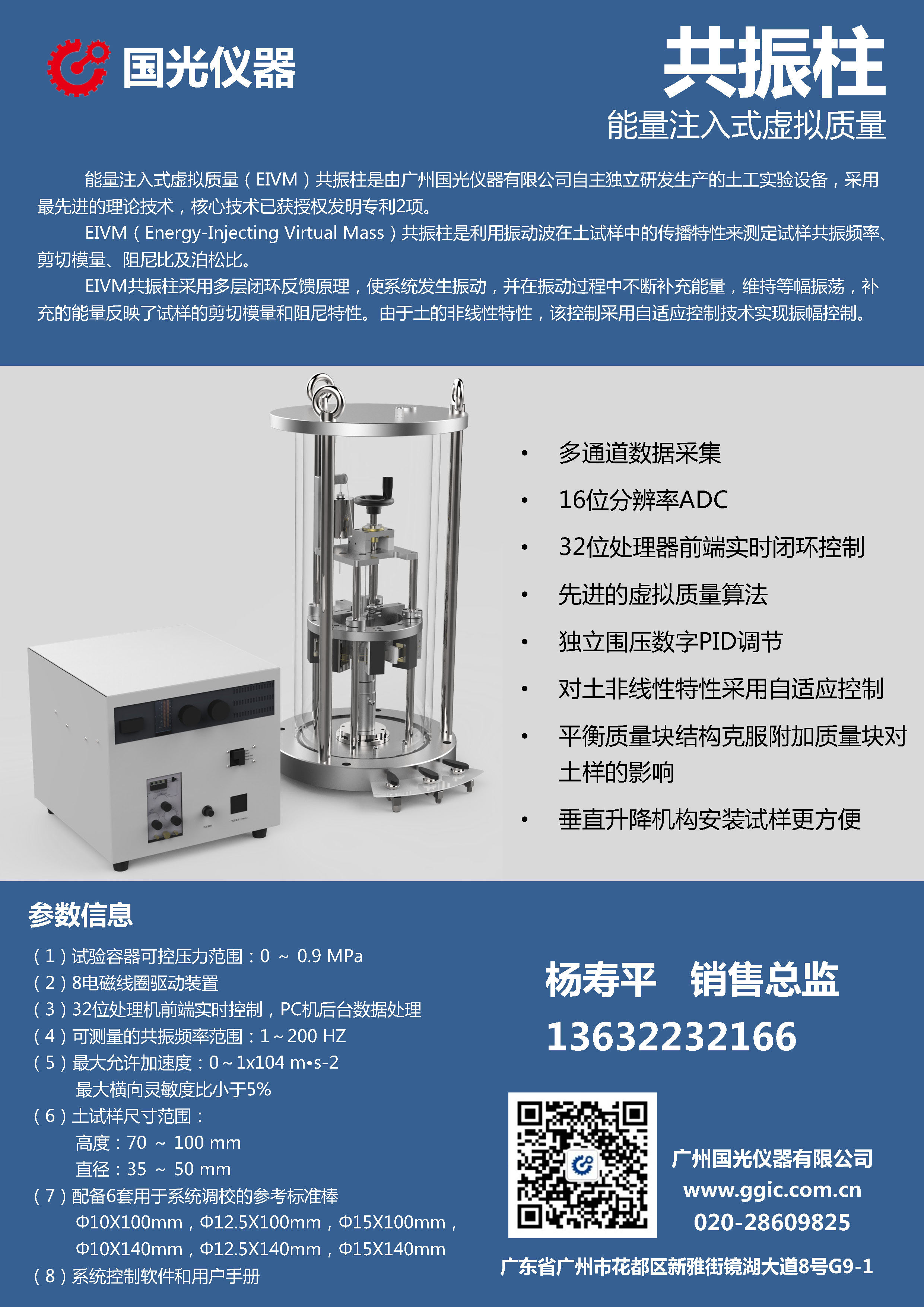
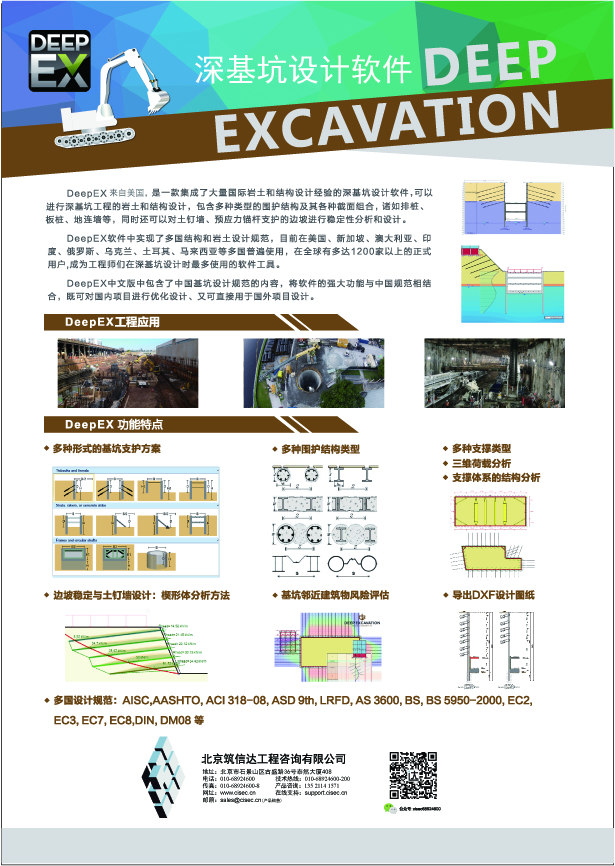
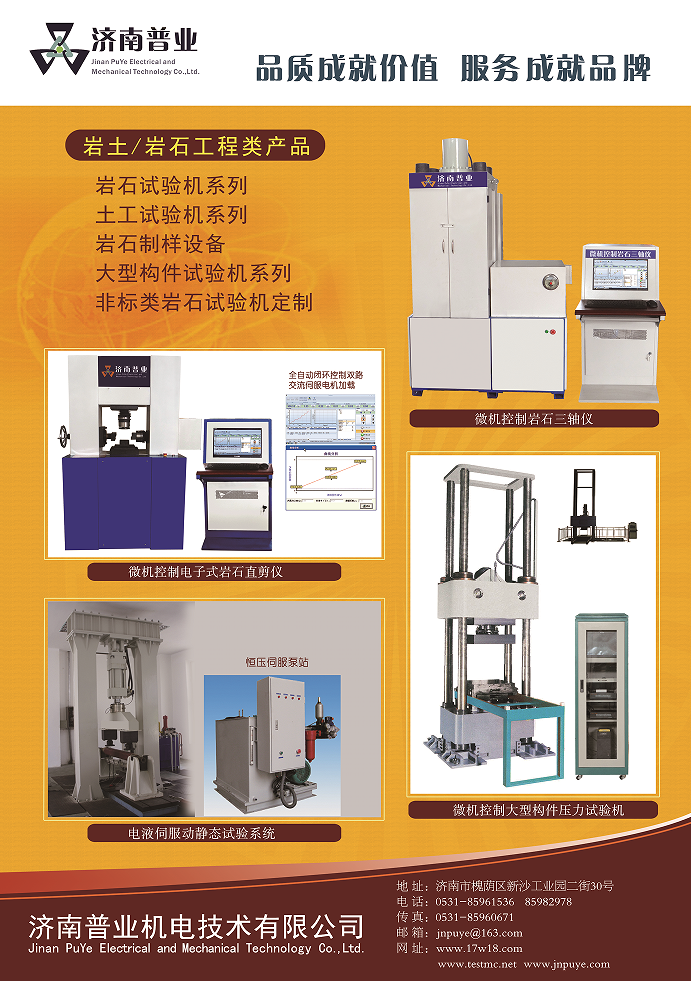
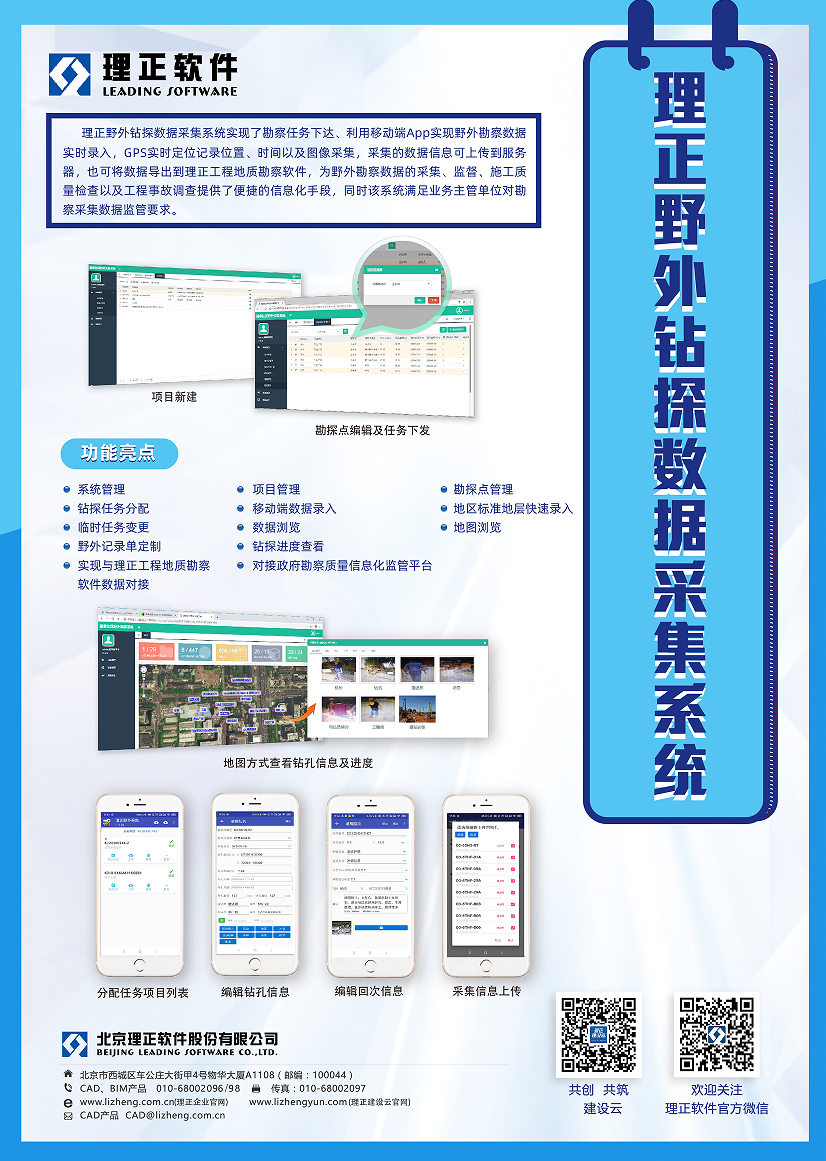
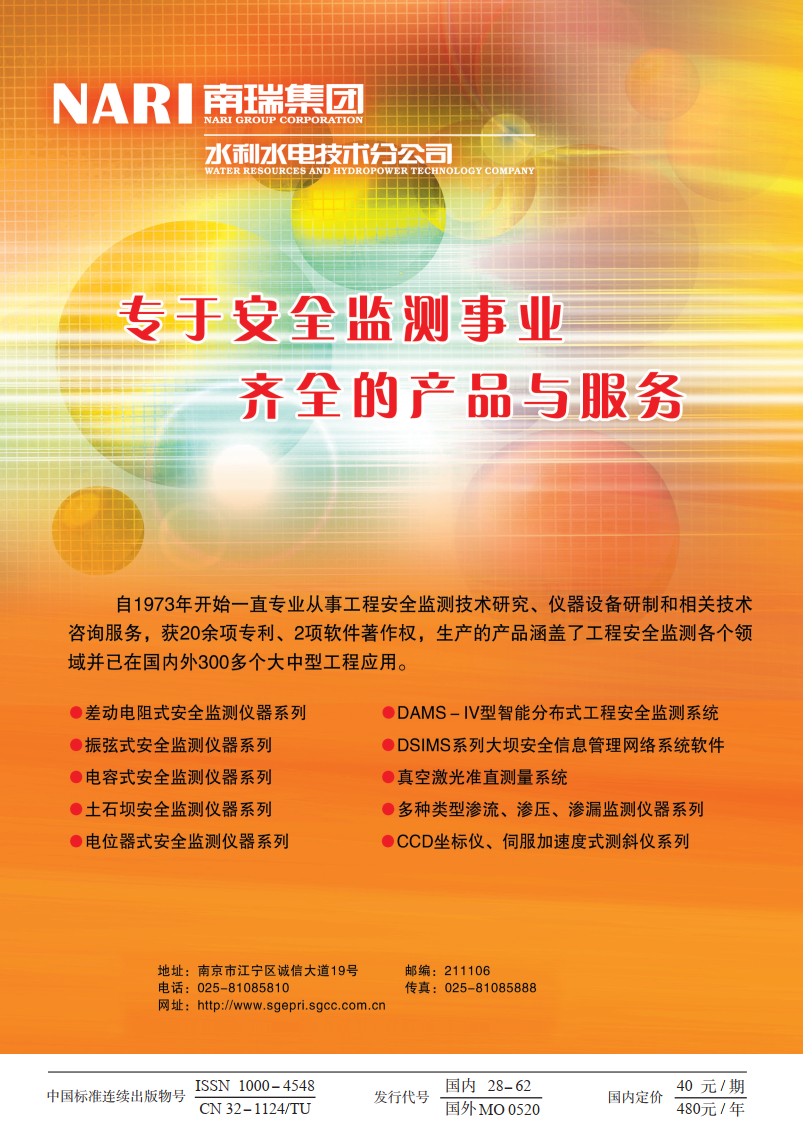
 下载:
下载:
